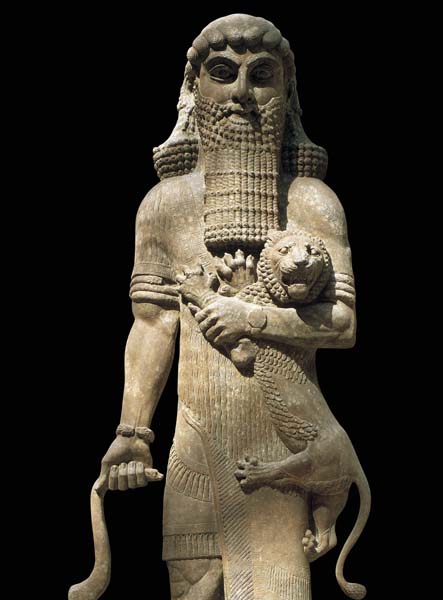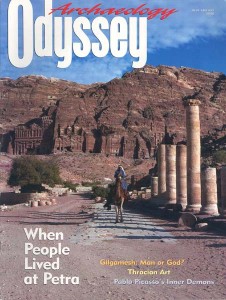

“See the tablet-box of cedar,
Release its clasps of bronze!
Lift the lid of its secret,
Pick up the tablet of lapis lazuli and read out the
Travails of Gilgamesh, all that he went through.”
(SB Tablet I, 24–28)
No figure is more familiar—or more fascinating—in ancient Near Eastern mythology than the hero called Gilgamesh.1 Some say that a real person lies at the core of these resounding stories—a Sumerian king of Uruk during the Early Dynastic II period (c. 2700 B.C.E.). In a famous king list, Gilgamesh is the fifth ruler of Uruk after the great flood. But Gilgamesh is also referred to as a god in early Sumerian administrative texts. Scholars have suggested that Gilgamesh the king was deified soon after his death.
However, it is not Gilgamesh the historic figure—but rather Gilgamesh the mythic hero, both human and divine—who intrigues us most.
Already a library member? Log in here.
Institution user? Log in with your IP address.

